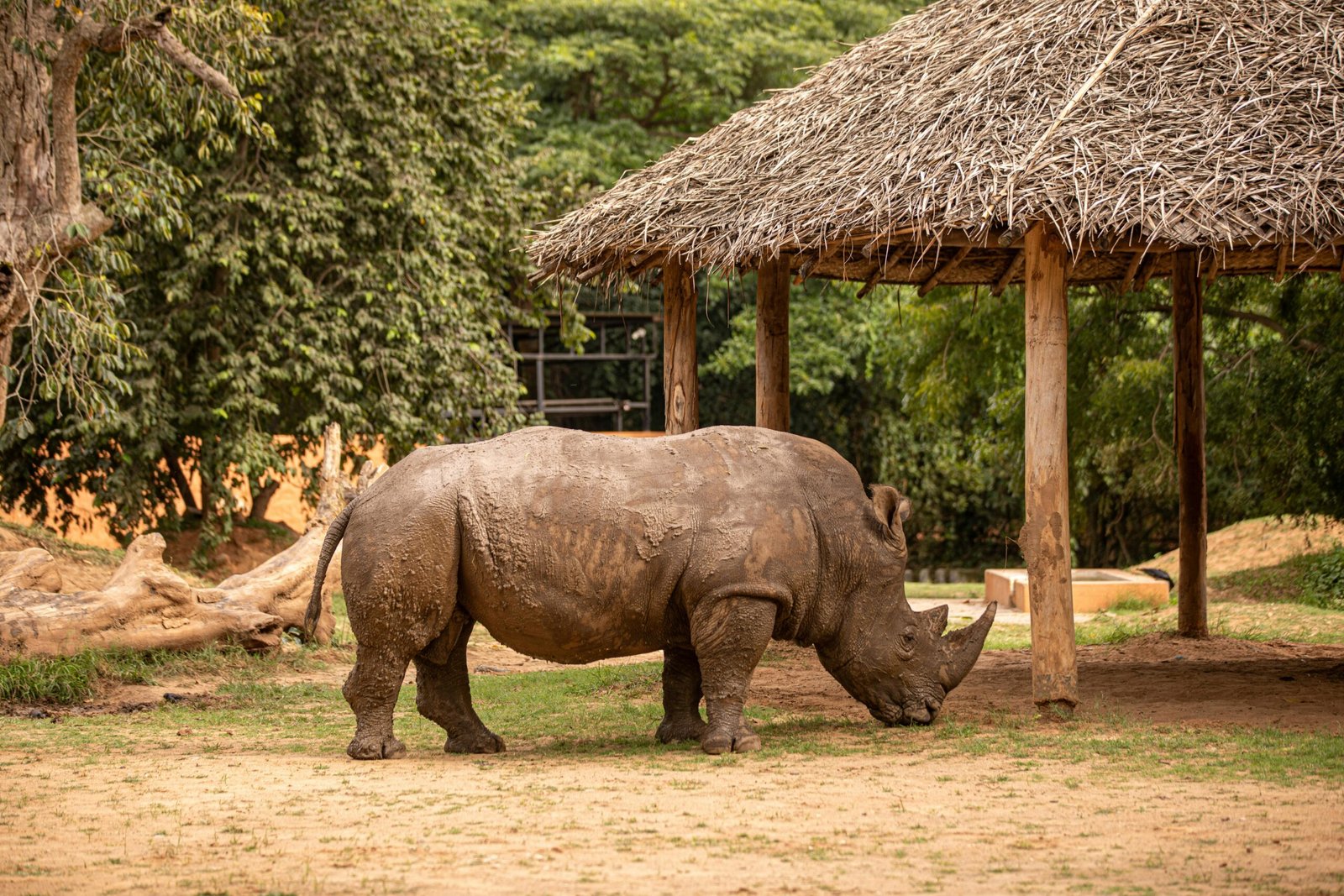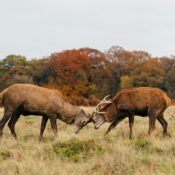
Health & Safety on Tanzania Safari: Vaccines, Precautions & Local Advice
A safari in Tanzania is one of the most ideal travelling experiences in the world. The country is an excellent wildlife destination having experienced the Great Migration in the Serengeti National Park to the sight of the elephants in the Tarangire National Park and the flamingos in the Ngorongoro National Park. But there should be forethought with adventure too. The health and safety should be referred to the list of any traveler in the number one position and should ensure that the trip is remembered in the right ways. The current guide will presuppose some generalized vaccination, precautions, and tips locally to ensure that you remain healthy and safe during your Tanzanian safari.
How Health Preparation is noteworthy to a Safari.
Safari is in contrast to the city holidays where the hospital is never far. You will be on different climates, altitudes and there are instances when remote camping is encountered and that is very distant and has no hospitals. Secondly, visiting East Africa will expose your health to other perils of diseases that are not highly experienced in other parts of the world such as malaria, yellow fever, or stomach aches due to food and water that were without your knowledge. These risks will be limited to the minimum with proper planning and you are the one who will enjoy the adventure.
Recommended Vaccines in Tanzania.
One should visit a travel clinic at least 6 weeks before traveling. Vaccination is not universal, the recommended vaccines to use will depend on your itinerary, medical history, and mode of travel although there are popular vaccines, which are recommended:
Yellow Fever: It is possible that you need a vaccination against yellow fever in case you are going or passing through the area with a risk of yellow fever. It is strongly advocated although not obligatory.
Hepatitis A and B Hepatitis A is an infection that one may contract through contaminated food and water and Hepatitis B is an infection that is contracted through blood and medical practices. The two vaccines are both long term protective.
Typhoid: The hygienic facilities of the Safari lodges and camps are generally high, but still one can be infected with typhoid by consuming contaminated food or drinks.
Rabies: Dogs and wildlife with rabies in Tanzania. Consideration of vaccination is during time when one will be spending a big portion of the time outside, in the countryside or working with animals.
Routine Vaccinations: Check to ensure that you are well up to date on regular vaccinations like measles, mumps, rubella (MMR), tetanus, diphtheria, polio and influenza.
Malaria Prevention
Malaria has gripped among the major health concerns in Tanzania. Mosquitoes that are active in the evening and morning particularly in the lowlands carry the parasite. The method of defence is as follows:
Antimalarial medicine: depending on your health history, the doctor can prescribe atovaquone- proguanil, doxycycline, or mefloquine. Turn instructions and make through the course.
Insect Repellent: apply a repellent which contains at least 30-50 per cent of DEET. Apply it on the uncovered skin especially during the evenings.
Protective Clothing: Wear long-sleeved and long-trousers of neutral color to reduce the attraction of mosquitoes.
Bed Nets: The mosquito nets are most likely to be given in safari lodges, the nets should always be folded properly before going to sleep.
Staying Safe with Food & Water
The digestive problem is one of the common spread safari health complaints. To avoid “traveler’s tummy”:
Bottled/filtered water should be used. Check that seals are intact.
Ice should not be used, unless one is sure that it has been cooked with safe water.
Eat extra fresh food that has been freshly cooked in a popular lodge or restaurants.
Clean vegetables and fruits using clean water or peel the vegetables and fruits on your own.
It is wise to always carry rehydration salt in case of diarrhea especially when one is going to a far destination.
General Safety Precautions
In spite of the fact that in most of the cases Tanzania is a safe place to be in as far as tourism is concerned, there are a few rules of thumb every tourist has to follow:
Wildlife Safety
Stay in the safari vehicle without a guide.
Keep a decent distance with animals. Note: wildlife which appears silent is not necessarily silent.
Do not feed animals that you play with them and it is dangerous.
Personal Safety
Keep valuables secure. Where applicable use a copy of important documents rather than the original ones.
Never walk at night alone in the town or in camps.
Anywhere trailed by your guide,–local experience his only safeguard.
Road & Travel Safety
These activities like safaris are normally followed by long journeys on rugged and dusty roads. Wear the seatbelts at all times.
During such traveling, it is always wise to use licensed operators or flights in order to minimize the dangers of poor roads.
Elevation and Climate Reflections.
The Ngorongoro crater and the Mount Kilimanjaro are some of the attractions found in Northern Tanzania and are known to result in variations in elevation to the visitors. It has symptoms of head, nausea and breathlessness. To reduce risk:
Increase by meal in case of walking.
Stay hydrated, avoid alcohol, and sleep when you are tired.
Preventive medication: Discuss with your physician in case of elevated altitude ascents.
It can also be a wilderness one weather- hot in the daytime in the savannah, and cold in the evenings and, occasionally, it can be raining. Layered clothes are required, and one needs to be sun-protected (hat, sunscreen, sunglasses).
Travel Insurance: A Must-Have
The health centers in the rural areas are primitive. In case of emergency it may be required to evacuate to a larger city or even a new country. Safari travel will not be able to enter into a comprehensive travel insurance which will cater to medical care, evacuation and discontinuation of the journey. Make sure that in your policy there should be thrilling activities like trekking or hot air balloon tours.
Local Guide Advice Community Advice.
One of the most suitable safety measures is to listen to the local professionals. The guides in the safari tourism have the experience of years in the bush and how the animals behave. The same can be said of the individuals in a particular region that will provide invaluable experience in their education about the culture, where to go to be safe and how to conduct themselves in a respectful fashion. The problem of cultural practices is also relevant as it enables a tourist to build supportive relationships, e.g. to dress properly in villages.
Packing a Safari Health Kit
A health kit may be of small size yet make a difference. Consider packing:
Personal prescriptive drugs.
First aid kits: painkillers, antiseptic cream, band-aids.
Oral rehydration salts.
Antiemetic pills to take a long drive.
Sunscreen and lip balm.
Insect repulsions and bite cube male.
Final Thoughts
Tanzanian safari is a lifetime travel that no one should go without preparation since the safari must be healthy and safe. Immunizations and precautions prevent the greatest dangers, and the inconvenience can be avoided by the simple precautions, like taking care of what one eats, and using mosquito repellents. And above all, obtain the advice of your guides, and of your landlords. You will have the chance to be absorbed in the magic of the Tanzania wildlife and scenery when planned with the comfort of the good health and safety.




